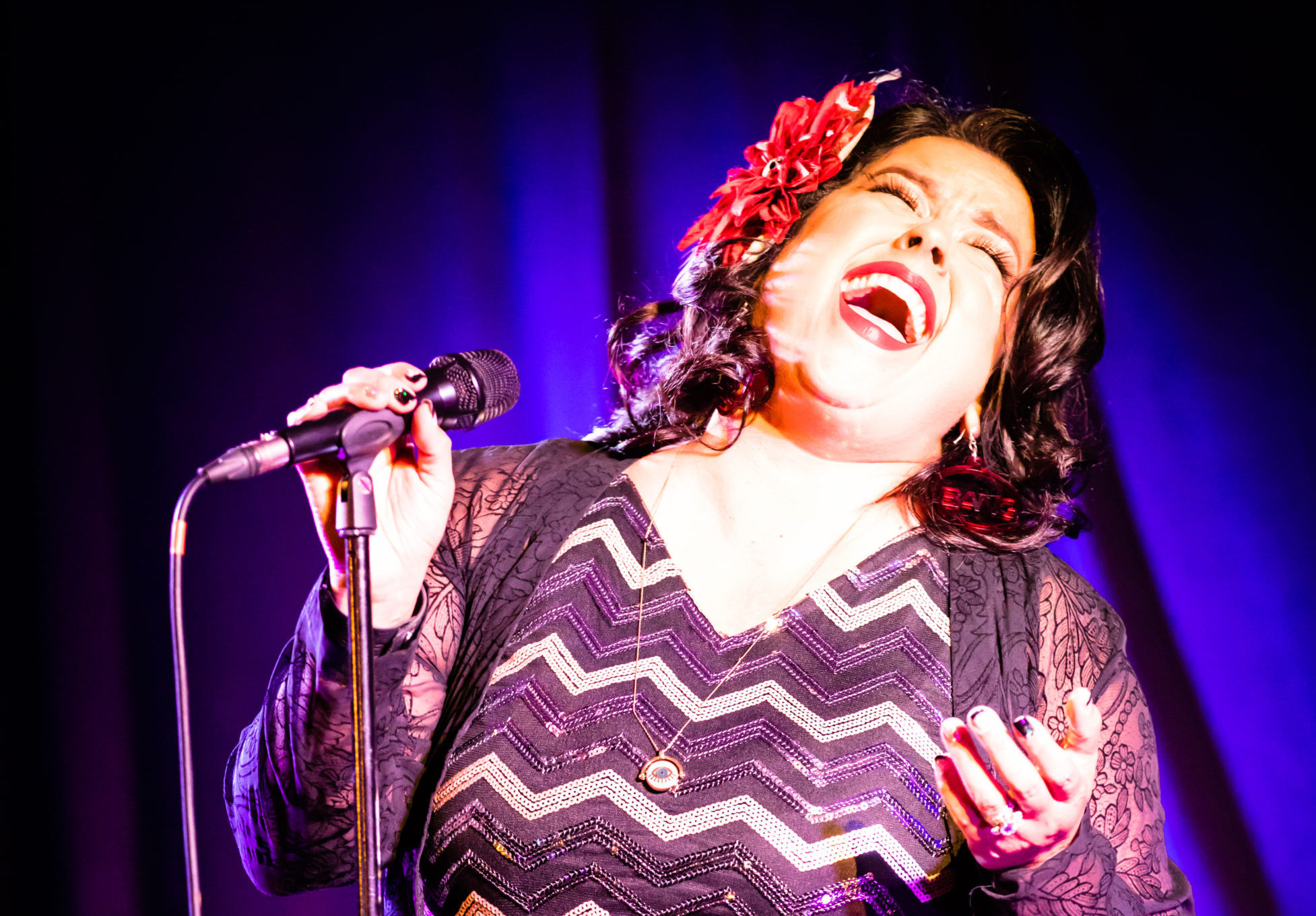cinephiles debate the most emotionally devastating musical moments in modern film, one performance inevitably silences the room. Rebekah Del Rio’s rendition of “Llorando” in David Lynch’s Mulholland Drive didn’t just accompany a scene—it became the beating heart of surreal cinema itself. The singer-songwriter, whose haunting voice helped define Lynch’s dreamscape, died on June 23, 2025, at age 57.
Del Rio’s collaboration with Lynch began serendipitously when she performed the Spanish-language version of Roy Orbison’s “Crying” at his home studio. That intimate performance would inspire one of cinema’s most unforgettable moments: the Club Silencio sequence where Del Rio, as “La Llorona de Los Ángeles” (The Weeping Woman of Los Angeles), delivers a performance so raw it literally causes characters to weep.
Career Highlights:
• Released albums Nobody’s Angel (1994) and Love Hurts Love Heals (2011)
• Appeared in Lynch’s Twin Peaks: The Return and performed at his Festival of Disruption
• Contributed music to films including Sin City and Southland Tales
• Known for her emotive vocal style that transcended traditional genre boundaries
The Club Silencio scene works because Del Rio understood something most performers miss: vulnerability isn’t weakness—it’s magnetic. Her cinematic sensibilities drew from the same underground 60s films that shaped Lynch’s aesthetic, making her a natural collaborator for his surreal projects. Her voice, trembling with genuine emotion before she dramatically collapses mid-song, created a moment that feels both scripted and spontaneous. Lynch recognized this rare quality, continuing their partnership across projects that valued authenticity over polish.
Del Rio’s influence extended far beyond her most famous four minutes of screen time. Her approach to performance—stripping away artifice to reveal raw emotion—influenced a generation of artists working at the intersection of music and visual media.
Her catalog reveals an artist unafraid to explore emotional depths. While Mulholland Drive showcased her theatrical power, her albums demonstrated range that spanned intimate ballads and experimental soundscapes. She proved that authentic emotion, properly channeled, could cut through any amount of production gloss.
Del Rio leaves behind more than memorable performances—she established a template for how music can serve narrative without sacrificing artistic integrity. In our current era of soundtrack-driven content and viral musical moments, her work feels prophetic. She understood that the most powerful musical moments happen when artifice falls away completely. Her influence joins the ranks of cinema’s most transformative musical moments, proving that individual performances can reshape how entire generations understand the relationship between sound and story.
Your streaming algorithm will never capture what made Del Rio special: the willingness to be completely present in a moment, even when that moment demanded everything she had to give.


























